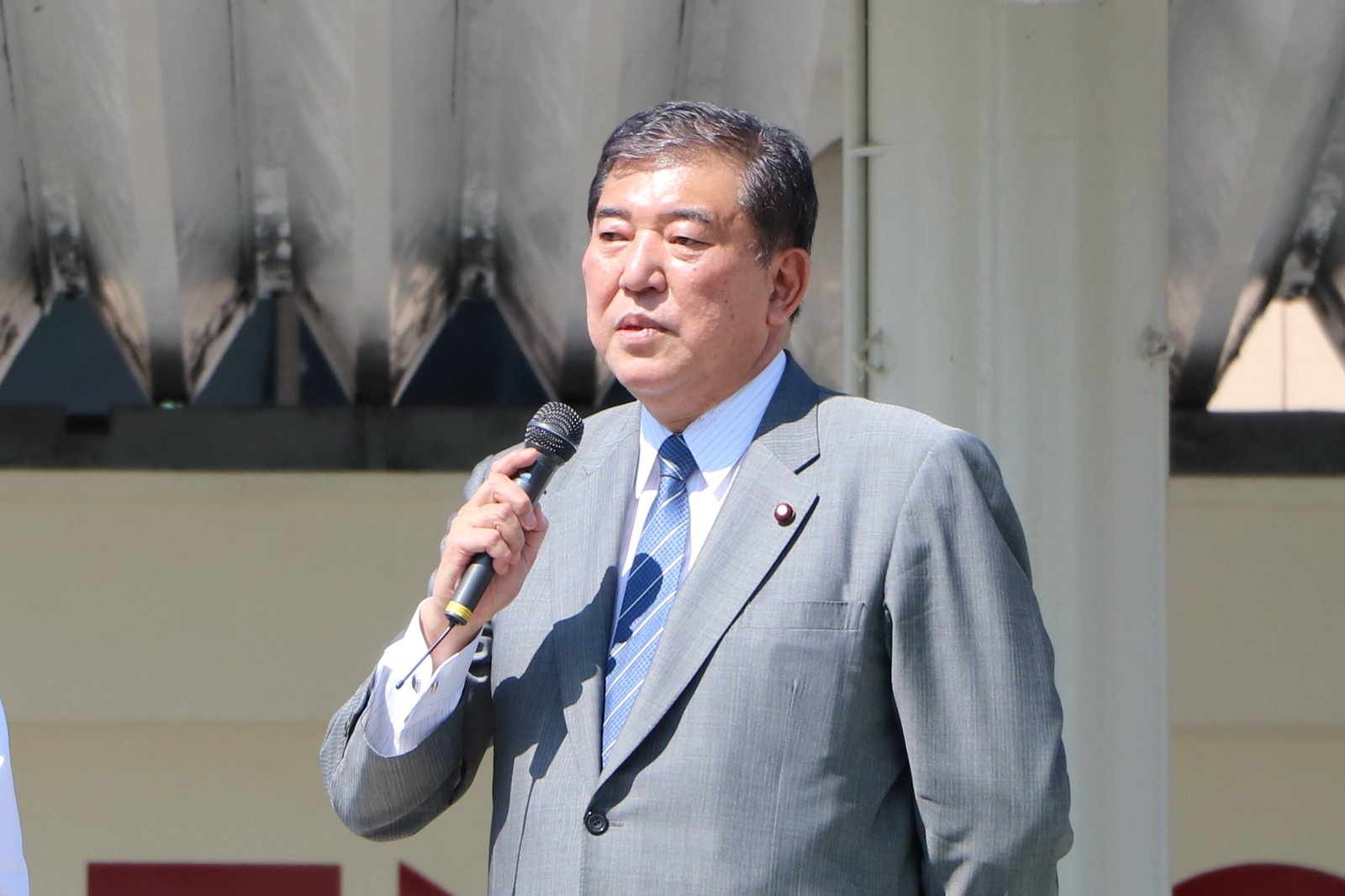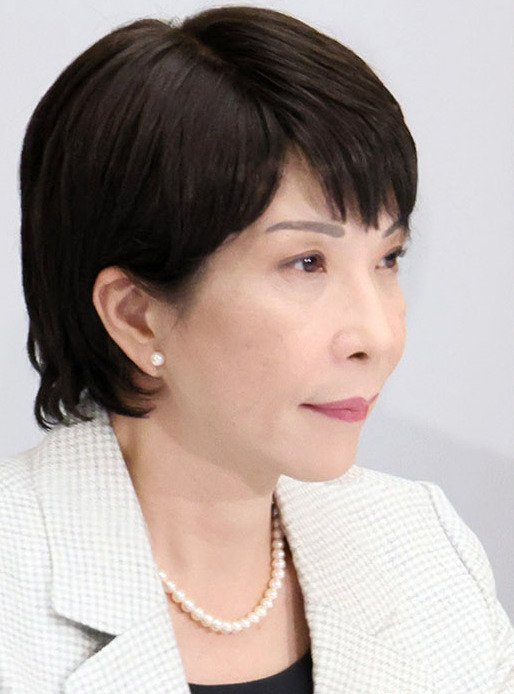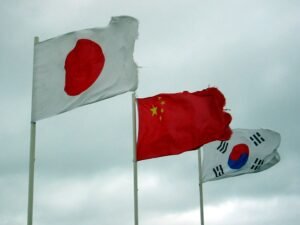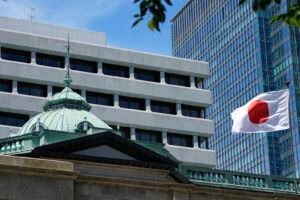Ishiba’s Gambit: Could Japan See Two Elections Next Summer?
- Japan’s PM Shigeru Ishiba hints at possible simultaneous elections for both houses amidst political challenges.
- The Japanese economy is projected to grow moderately in 2025, but concerns arise from potential U.S. protectionist policies.
- The government’s record budget for fiscal 2025 sparks concerns about Japan’s fiscal health, with potential tax increases to cover defense spending.
- Ishiba’s potential meeting with U.S. President-elect Donald Trump could significantly impact Japan’s future.
Japanese Prime Minister Shigeru Ishiba has recently hinted at the possibility of holding a lower house election in conjunction with the House of Councillors poll scheduled for next summer. This announcement comes amidst a challenging political climate, following the ruling Liberal Democratic Party (LDP) and its junior coalition partner, the Komeito party, losing their House of Representatives majority in the October general election. This loss necessitates garnering support from opposition parties to pass budgets and bills.
Ishiba, in a morning television program, stated that if the government fails to pass key bills or faces a no-confidence motion, dissolving the lower house could be a possibility. He emphasized that if the government presents the budget and other bills it deems right and the Diet rejects them, the decision would ultimately rest with the people. He further clarified that there is no rule prohibiting simultaneous elections for both houses. The last time Japan witnessed such an event was in 1986.
Economic Outlook Amid Political Changes
In addition to the political landscape, the economic scenario in Japan is also under scrutiny. The Japanese economy is projected to grow moderately in 2025, bolstered by solid consumer spending due to wage hikes and government policies aimed at easing inflation. However, the looming shadow of U.S. President-elect Donald Trump’s protectionist approach to international trade could pose a risk. Economists fear that Trump’s promised higher tariffs on China and other countries could dampen the global economy, eventually impacting Japan.
The government recently approved a record 115.54 trillion yen ($730 billion) draft initial budget for fiscal 2025, driven by rising social security and national defense spending. This has sparked concerns about Japan’s fiscal health. Ishiba expressed his desire for the swift passage of the budget in the upcoming Diet session, emphasizing the need for thorough explanations to encourage opposition parties’ support.
Future Taxation and International Relations
The government is also considering increasing taxation as early as April 2026 to cover its planned boost in defense spending. The ruling LDP and its junior coalition partner, the Komeito party, plan to stipulate when the additional taxation will be implemented in their tax reform plans for fiscal 2025.
In the midst of these developments, Ishiba has been advised by his predecessor Fumio Kishida to meet U.S. President-elect Donald Trump before his January 20 inauguration. Ishiba’s initial attempt at arranging an in-person meeting with Trump was declined, citing legal constraints preventing him from meeting with foreign leaders prior to taking office. However, Trump has since met with several other leaders, including Canadian Prime Minister Justin Trudeau and Argentine President Javier Milei.












Post Comment